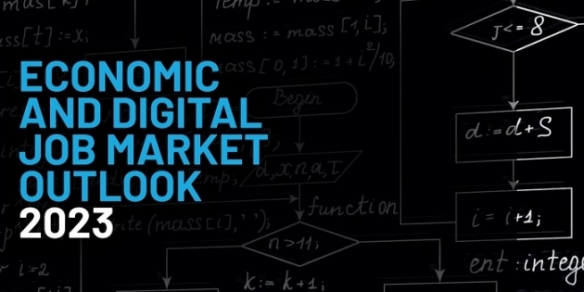Pikom voices ‘extreme disappointment’ over continued exclusion of IT support & services during Malaysia’s lockdown
By Karamjit Singh April 17, 2020
- Big & small companies rely on stable IT infrastructure and application to function
- Mind boggling that government actually gave barbers approval to operate

“We are extremely disappointed,” said Danny Lee, Chairman of Pikom, the National Tech Association of Malaysia, not mincing his words when giving his wordict on the exclusion of IT support and services from the list of industries allowed to operate during the third phase of Malaysia’s ongoing Movement Control Order (MCO) that now extends to 29th April.
Initially, the tech sector was quietly confident that IT support and services would be included. In a world which is moving even more rapidly to embrace the digital economy, in response to the Covid-19 pandemic, who would have thought that the software and hardware could be left out.
After all, the entire country had a real lesson in the importance IT support and services last July when traffic at KLIA was thrown into chaos when a single core server failed and it took almost two weeks to undo the damage. Yet, inexplicably, when the Ministry of International Trade and Industry (MITI) released on 10th April the list of industries allowed to operate, IT support and services was left out.
Jaw dropping does not even come close to describing how beyond belief the decision was. Even the tech gods were upset with the decision. MITI’s website crashed Monday morning, unable to handle the expected deluge of traffic seeking to download the forms required to apply for exemption to operate.
As the head of the national IT association representing over 1,000 active tech products and services companies which command 80% of the total tech business in Malaysia, Lee (pic) was more measured in voicing the industry’s displeasure.
“In the two weeks period prior to 10th April, we had already submitted our request and appeal to the Government, the Prime Minister, Ministry of International Trade and Industry and to the National Security Council on this matter. We explained and reiterated that IT support and services is essential to keep businesses running during the period of lockdown. This should not just be for essential services but also the millions who are working from home,” expressed Lee.
“Technology should be at the forefront in enabling our economy and providing tools for safe social distancing. The technology sector cannot comprehend how some approved sectors can help sustain the fragile economy or promote safe social distancing at this time. In fact, the contrary may be the case,” added Danny, alluding to how barbers were initially allowed to operate. Fortunately the barbers raised their scissors and shears in protest and mercifully were dropped from the list.
Yet, incredibly at the time this article is published, IT support and services has not been added to the list of industries allowed to operate.
Apparently, technology being an integral component of our economy, contributing 18.5% to the GDP with over a million Malaysians employed is not enough to move the experts in the government.
Pleading, Lee adds: “I don’t have to stress further that technology has been an essential enabler to almost all sectors across all industries, from manufacturing to mining, services to construction. Big and small companies rely on stable IT infrastructure and application to operate.”
Without IT support and services being allowed to operate, many businesses are at risk without a robust and up-to-date system. The government needs to prioritise and look into IT support and services as a very essential service, making sure that technology remains available and accessible at this very trying time, Lee stresses.
Meanwhile, Malaysia’s tiny neighbour down south, gets it.
As Lee points out, “Singapore has gone into similar social distancing precautions. Yet, the technology sector has been allowed to continue operations subject to certain limitations and exercising safe distancing rules. The reason is, technology is an essential service,” Danny explains.
In Singapore, the telecommunications (Fixed, Mobile and Internet Access), data centres, software and services, broadcasting services (radio and television), submarine cable operations, postal services, security printing services, newspaper publications continue to operate. Malaysia too has allowed all these sectors to operate, from the beginning of its MCO. Just not IT support & services.
Even the global reality of Work From Home (WFH), a key response in the Covid-19 world we find ourselves in, depends on not just infrastructure and connectivity but software and services to work flawlessly. “Technology plays a critical enabling role for both essential and non-essential services. This is even more acute during the MCO,” says Lee.
The question is, when will this sink in to the government?


